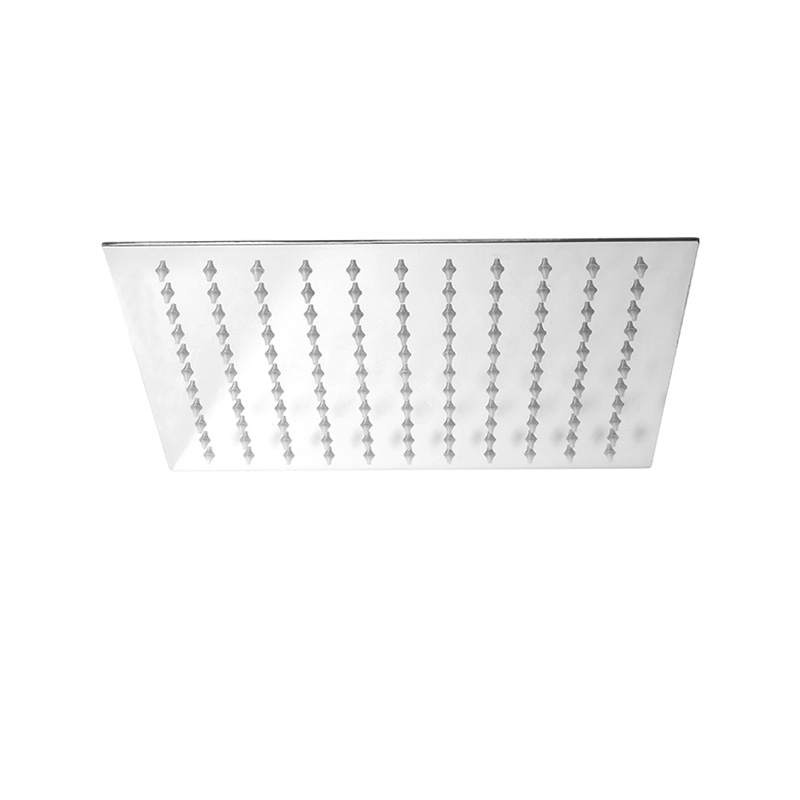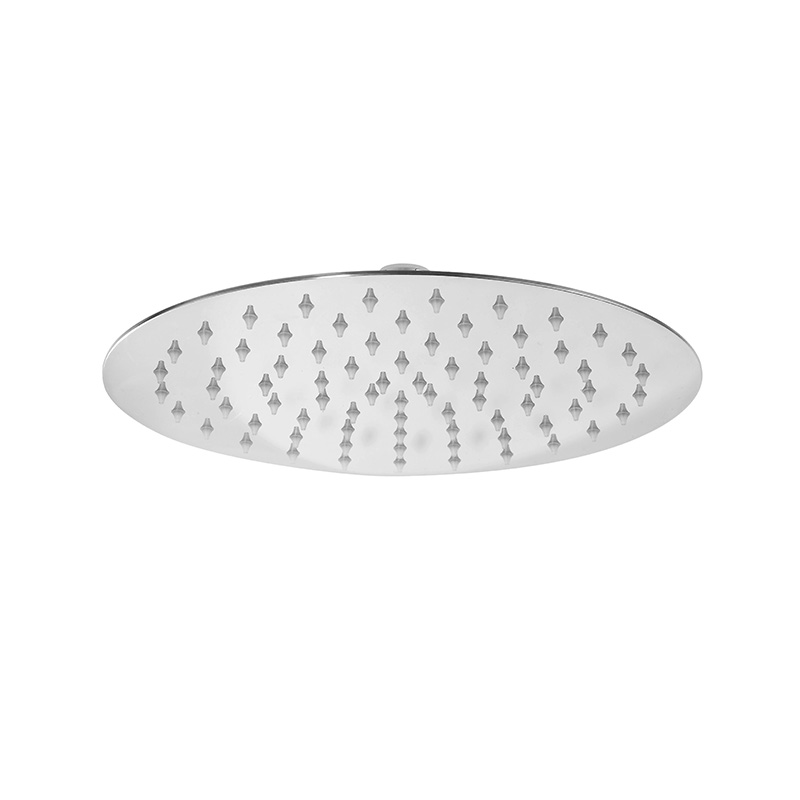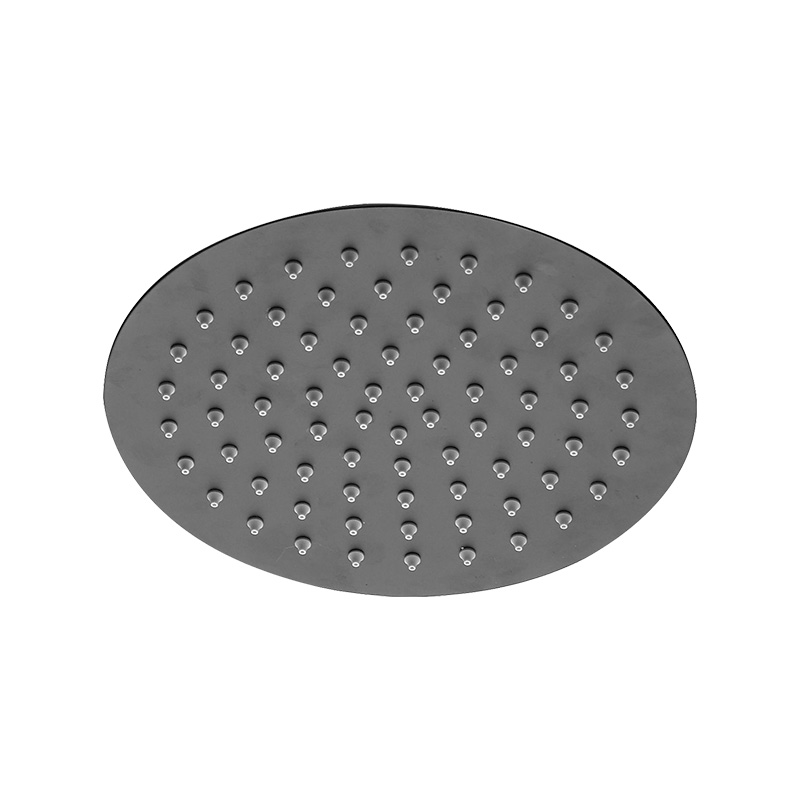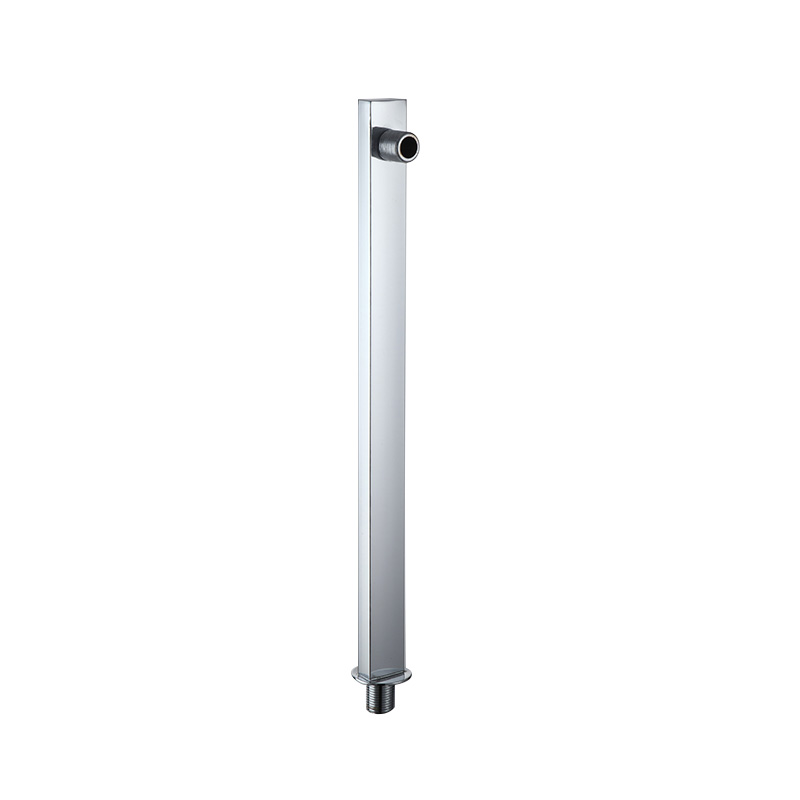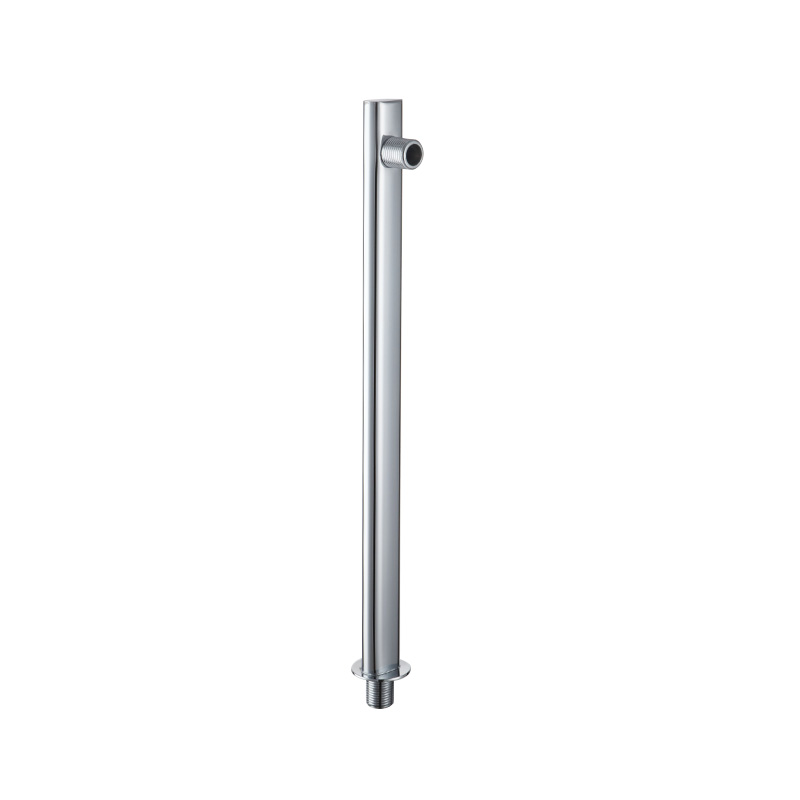In modern homes, commercial buildings, and public facilities, sanitary products play a key role in maintaining health, comfort, and cleanliness. As consumer expectations for hygiene and safety continue to rise, every Sanitary Ware Manufacturer faces the responsibility of upholding reliable production standards. From bathroom fixtures to kitchen accessories, these products must meet strict hygiene and safety requirements to protect public well-being.
A trusted Sanitary Ware Manufacturer is not only responsible for designing functional and attractive products but also for ensuring that every item supports public health. Items like toilets, basins, and urinals are directly connected to water and waste systems, where poor quality or improper design can result in the spread of bacteria, mold, and harmful residues.
To prevent these risks, a Sanitary Ware Manufacturer must use materials that resist contamination and are easy to clean. Smooth, non-porous surfaces and antibacterial glazing are common features that help reduce the growth of germs and improve overall hygiene. When hygiene standards are prioritized during manufacturing, the final products contribute to safer environments in homes, hospitals, schools, and workplaces.
Compliance with safety standards is essential for any Sanitary Ware Manufacturer operating in today’s global market. Various countries and regions enforce safety regulations governing the materials, designs, and performance of sanitary products. These regulations are designed to protect consumers from potential hazards such as water leaks, slippery surfaces, and poor drainage.
A responsible Sanitary Ware Manufacturer ensures that every product undergoes thorough quality control and safety testing before reaching the market. This includes checking for water pressure resistance, impact durability, and safe installation systems. By meeting regulatory standards, manufacturers reduce the risk of accidents and product failures, protecting both users and property.
Consumer trust plays a crucial role in the success of any Sanitary Ware Manufacturer. Buyers are more likely to choose products from manufacturers known for their commitment to hygiene and safety. In an era where online reviews and recommendations influence purchasing decisions, maintaining high product standards helps build a positive reputation.
When consumers recognize that a Sanitary Ware Manufacturer consistently delivers clean, safe, and reliable products, they are more likely to remain loyal to the brand and recommend it to others. This trust not only benefits the manufacturer’s sales but also contributes to public health by promoting the widespread use of safe sanitary products.
Another advantage of maintaining hygiene and safety standards is the reduction of long-term maintenance and repair expenses. High-quality products produced by a reliable Sanitary Ware Manufacturer are designed to withstand frequent use without deteriorating or developing health hazards. This benefits both individual households and commercial property owners by reducing the need for repairs or replacements.
For example, a properly glazed and well-sealed toilet or washbasin is less likely to develop mold, stains, or water damage. By prioritizing safety and hygiene during production, a Sanitary Ware Manufacturer contributes to the durability and ease of care of its products, ensuring customers enjoy long-lasting performance.
Hygiene and safety standards are essential in every aspect of sanitary ware production. A responsible Sanitary Ware Manufacturer prioritize material selection, product design, and manufacturing processes that meet regulatory guidelines and support public health. By doing so, manufacturers not only reduce risks to users but also strengthen their market reputation, improve product durability, and contribute to a safer, cleaner environment.
As hygiene awareness continues to grow globally, the role of a dependable Sanitary Ware Manufacturer becomes even more important. By delivering products that balance safety, cleanliness, and environmental responsibility, these manufacturers play a key role in shaping healthier and more sustainable living spaces for people everywhere.
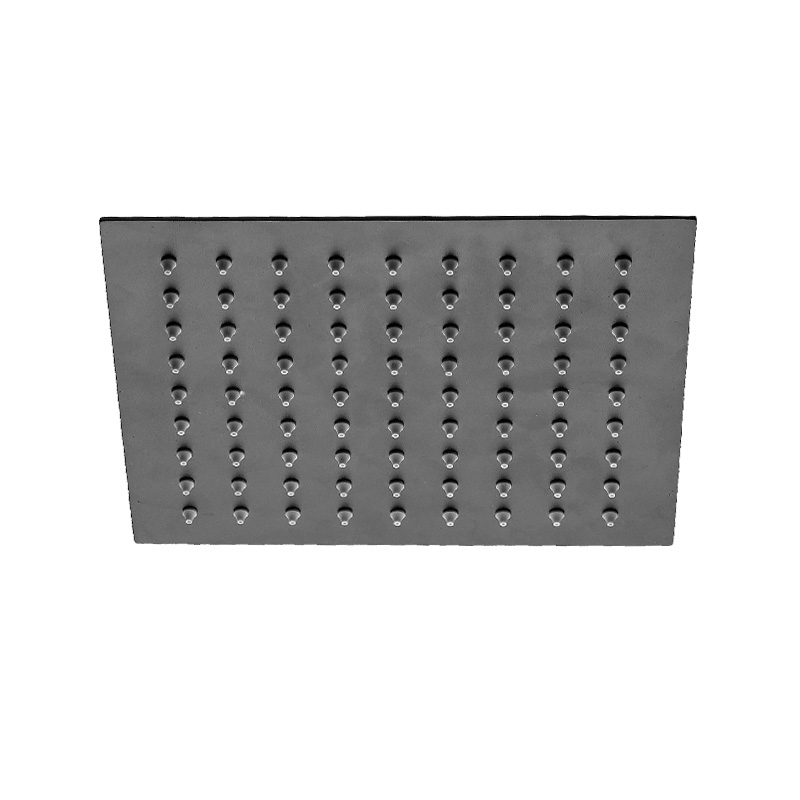

 English
English 中文简体
中文简体 عربى
عربى Español
Español